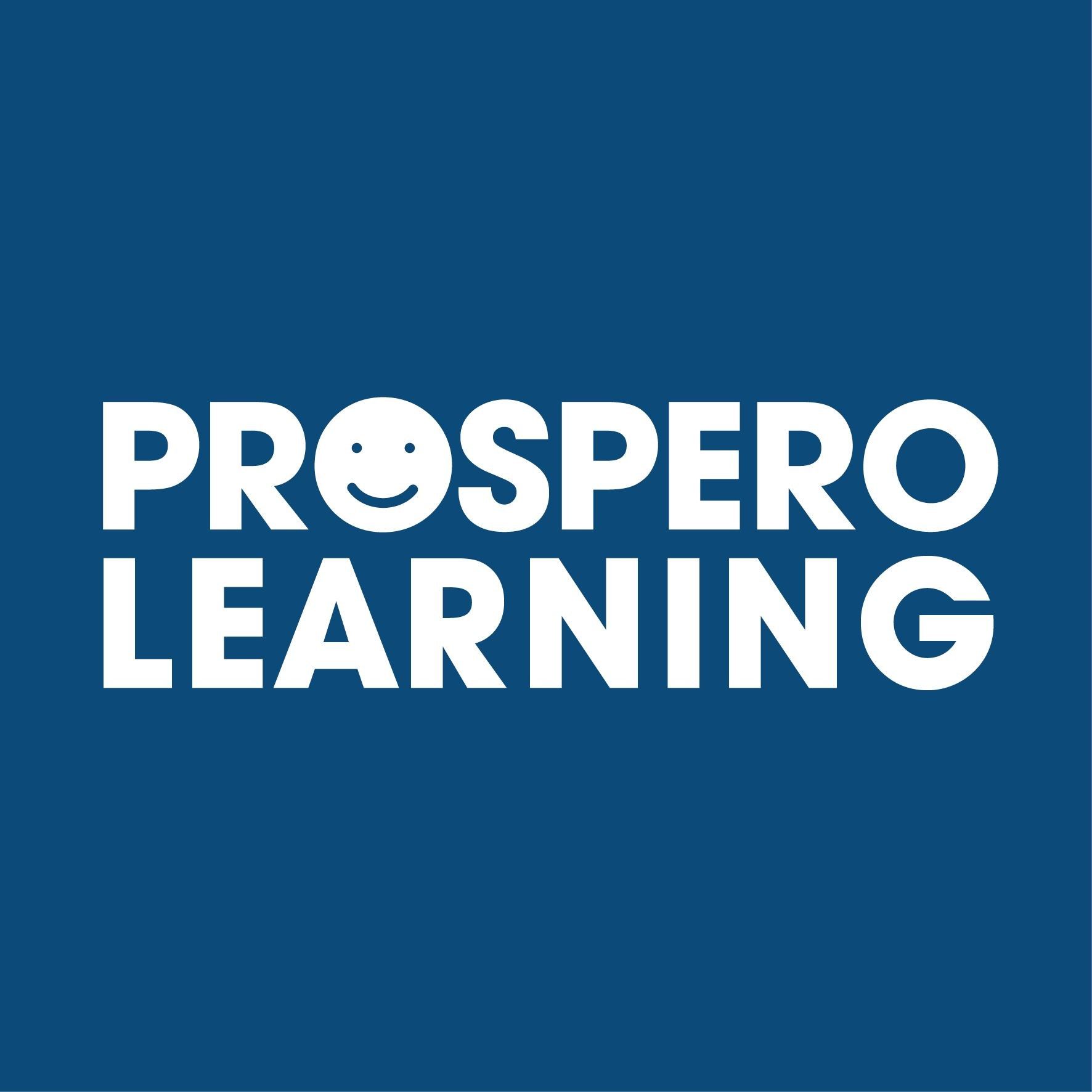
From CPD to Professional Learning and Expertise: A Strategic Outlook on Training for Educators
For years, “CPD” has been the catch-all term for teacher development — a training day here, a course there, a guest speaker at a staff meeting. While these experiences can be valuable, they often exist as isolated events rather than part of a coherent plan. Increasingly, schools are recognising that this ad-hoc approach doesn’t always translate into measurable improvement in classroom practice or pupil outcomes.
Today, the conversation has shifted. Ofsted’s updated inspection framework has reframed what it means to grow as a professional, calling for a deeper, more strategic approach: professional learning and expertise.
Beyond CPD: From Attendance to Impact
Traditional CPD has often been measured by participation — who attended, what they learned, and how much it cost. But attendance doesn’t equal impact. A single workshop or training session, however inspiring, rarely creates lasting change without follow-up, reflection, and alignment to the school’s wider priorities.
Professional learning, by contrast, is about intentionality. It requires schools to consider how every learning opportunity fits into a broader plan for growth — not only for individuals but for teams and the school as a whole. It’s about cultivating expertise over time, with a clear line of sight between professional development and improved practice in the classroom.
A Culture of Professionalism and Continuous Growth
At the heart of Ofsted’s expectations is culture. Inspectors now look for schools where leaders foster an environment of professionalism — where learning isn’t an occasional event, but part of everyday practice.
This means:
• Leaders modelling professional learning themselves and sharing insights from research and evidence.
• Staff viewing growth not as a box-ticking exercise, but as a shared responsibility to refine and extend their expertise.
• Schools recognising that time, collaboration, and sustained focus are vital ingredients for meaningful improvement.
When professional learning becomes embedded in the culture, staff are more likely to engage with it purposefully, see its relevance, and apply it effectively.
A Strategic Framework for Building Expertise
Professional learning and expertise, as defined in Ofsted’s framework, is not about quantity — it’s about quality and coherence. Leaders are expected to design professional learning that:
• Aligns with whole-school improvement goals as well as subject, phase, and individual priorities.
• Draws on high-quality evidence and research, both from within and beyond the school.
• Provides structured opportunities for teachers to collaborate on curriculum design, pedagogy, and assessment.
• Addresses the diverse needs of pupils, particularly those who are disadvantaged or have SEND.
Crucially, this approach positions professional learning as a long-term investment in staff expertise. It acknowledges that developing mastery in teaching takes time, reflection, and collective effort — not a one-off training session.
Reframing Professional Development as Strategic, Sustained and Evidence-Informed
The move from “CPD” to “professional learning and expertise” represents more than a change in language — it’s a shift in mindset. It challenges schools to ask not, “What training have we offered?” but “What expertise have we developed, and how is it improving outcomes?”
To achieve this, schools must:
• Allocate sufficient time and resources to sustained learning.
• Use the best available research and expert input to shape professional programmes.
• Ensure learning is reviewed, refined, and embedded through coaching, reflection, and collaboration.
• Support all educators, from early career teachers to experienced leaders, in developing their professional knowledge and practice.
How Prospero Learning Can Support Schools and Colleges
Expert Support for School Leaders
Our Prospero Learning Team is made up of experienced educators, including former and current Senior Leaders across all phases, some of whom continue to work with the DfE. We provide free consultancy to help schools and colleges design professional learning pathways that integrate Prospero Learning courses with other opportunities, such as school-led sessions, professional discussions, and collaborative initiatives. This ensures a coherent, evidence-informed approach to developing staff expertise.
Align Learning with Your School Improvement Plan
Prospero Learning courses can be strategically mapped to your school priorities. By identifying key areas for development, assigning courses to specific teams or phases, and sequencing training over time, schools can build sustained expertise that directly supports whole-school improvement.
Integrate Online Learning with Wider Development
To maximise impact, Prospero’s online courses should be combined with in-school coaching, peer observations, and collaborative planning. This blended approach helps ensure learning translates into classroom practice while strengthening the overall development of staff and teams.
Embed Reflection and Follow-Up
Dedicated time for reflection allows staff to consolidate their learning. Team discussions focused on applying new skills and strategies help turn knowledge into action and foster a culture of continuous professional growth.
Professional Development and Training which is...
Expert written.
Research Informed.
CPD Accredited.
Priced Affordably.
Find a new job
Our Policies

Copyright © 2025